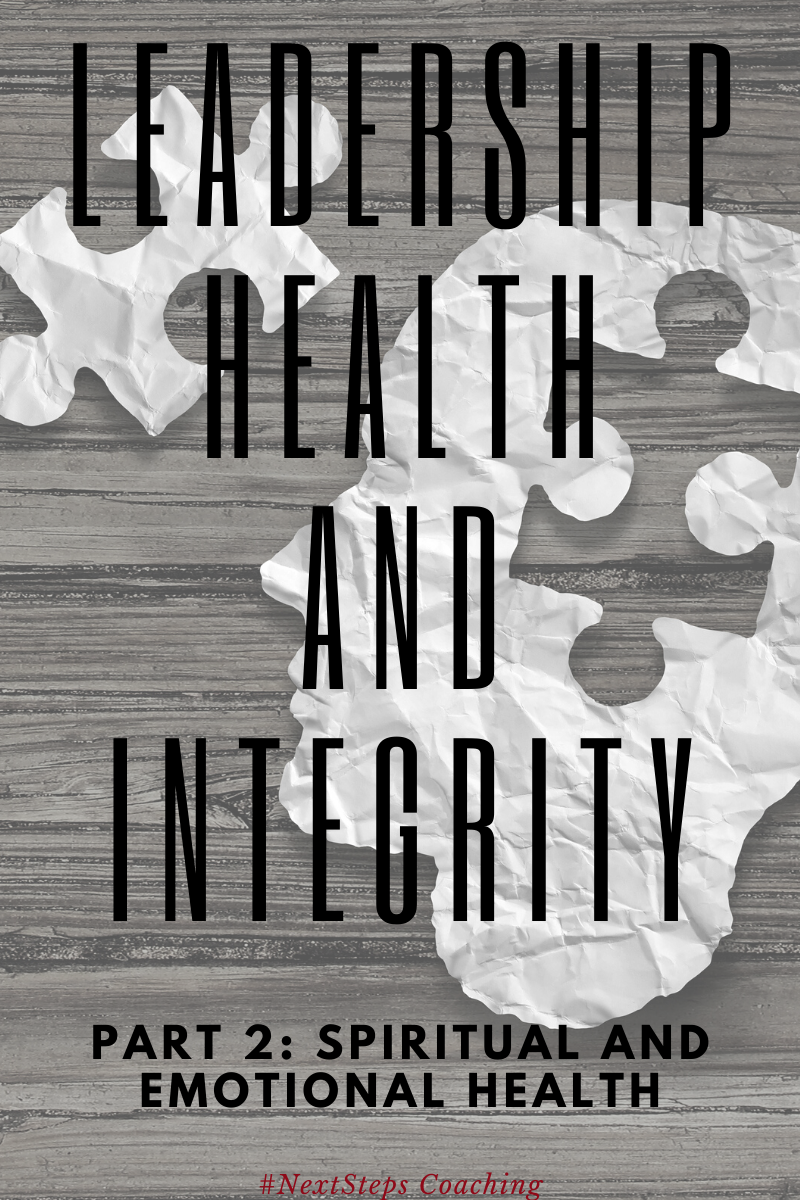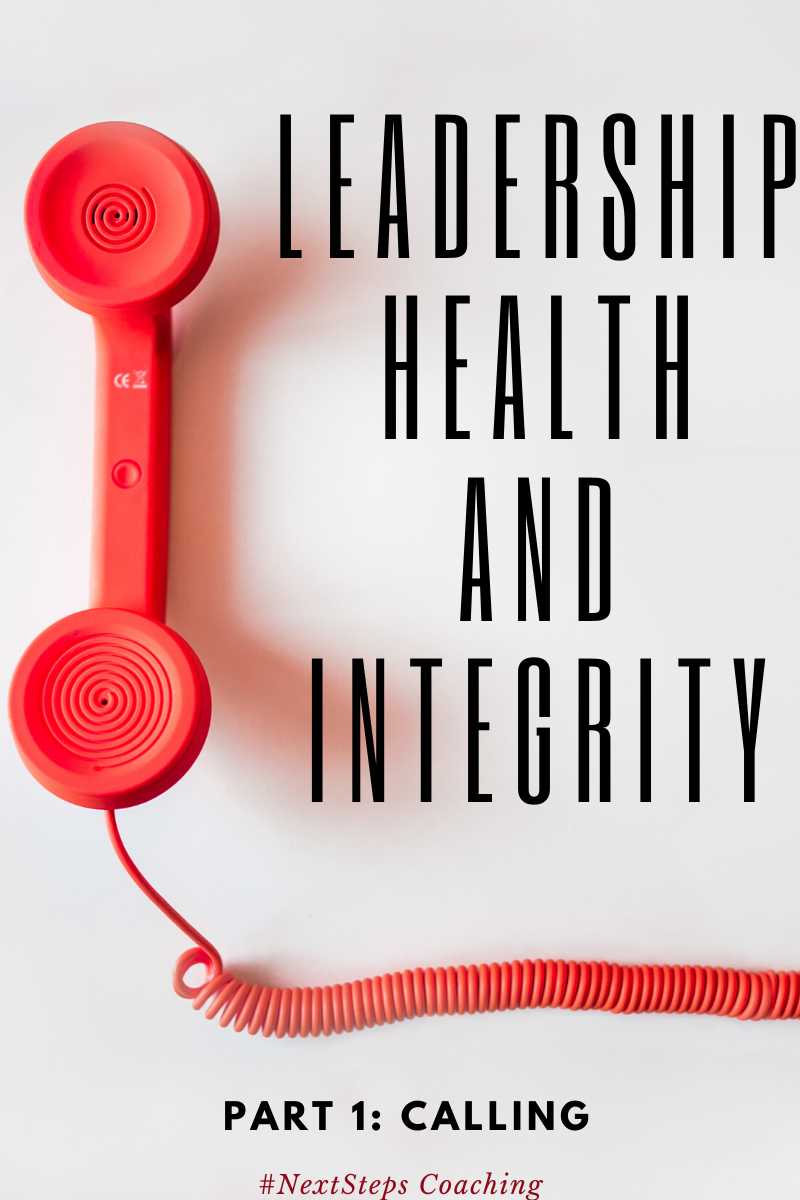
Fight, Flight, or Fear … Isn’t there another choice? You bet! Michael Warden reminds us of this in his interview for the Building With Purpose conference. His challenge, to think creatively instead of reactively, is a timely word for us today. He inspires us to grow during this time and gives us some tangible ways to do so.
Check out this clip:
Building With Purpose
This excerpt is a part of the FREE online conference I’m hosting called Building With Purpose. This course will help you pivot during this time of social distancing and working from home.
For many of us, it’s a new experience. These experts will help you gain clarity and momentum and experience success.
To sign up for the conference, go here.
Registration is completely free and is currently open.
 In this conference, we hear from leading experts in:
In this conference, we hear from leading experts in:
- Coaching
- Business Consulting
- Human Resources
- Finance
- Digital Marketing
- And more
If you’re interested in starting or growing a business or even just wondering how to maximize your time and what to do next, enroll in the free conference.
To follow up, I’m offering all attendees a complimentary session.
To redeem your session, go here.
Isn’t There Another Choice?
I love how Michael reframes the conversation around creativity in action and not the negativity of reaction. It prompts us towards healthy growth and gives us strong language for action. Maybe, like Michael you’re asking, isn’t there another choice? Yes, here are some of my thoughts:
1.) Remember all you’ve overcome.
You have, quite literally, made it through everything previous to this in your life. While much of this is new and unexpected, you have ample evidence to suggest that you can make it through this as well.
2.) Choose contemplative action.
Michael does a nice job of helping us walk through the waters of necessary action without reckless direction. I like the term “contemplative action.” Years ago, Elise and I instituted a rule that we will pursue a new path, potential direction, or life change with 100% enthusiasm until we sense God telling us to stop. He blessed us with brains, skills, and passions and we should use them in ways that spark joy. When we sense him telling us to stop, we do. This has opened up tremendous opportunities and new career paths. We have been committed to both action, and being aware of what’s going on in the midst of it, or here, contemplative action.
3.) Seek sound advice.
Life was never meant to be lived alone. That’s what makes social distancing hard for so many. Be sure to have good, sound counsel in your life. Find a friend, a coach, a mentor, or significant other give feedback and encouragement.






